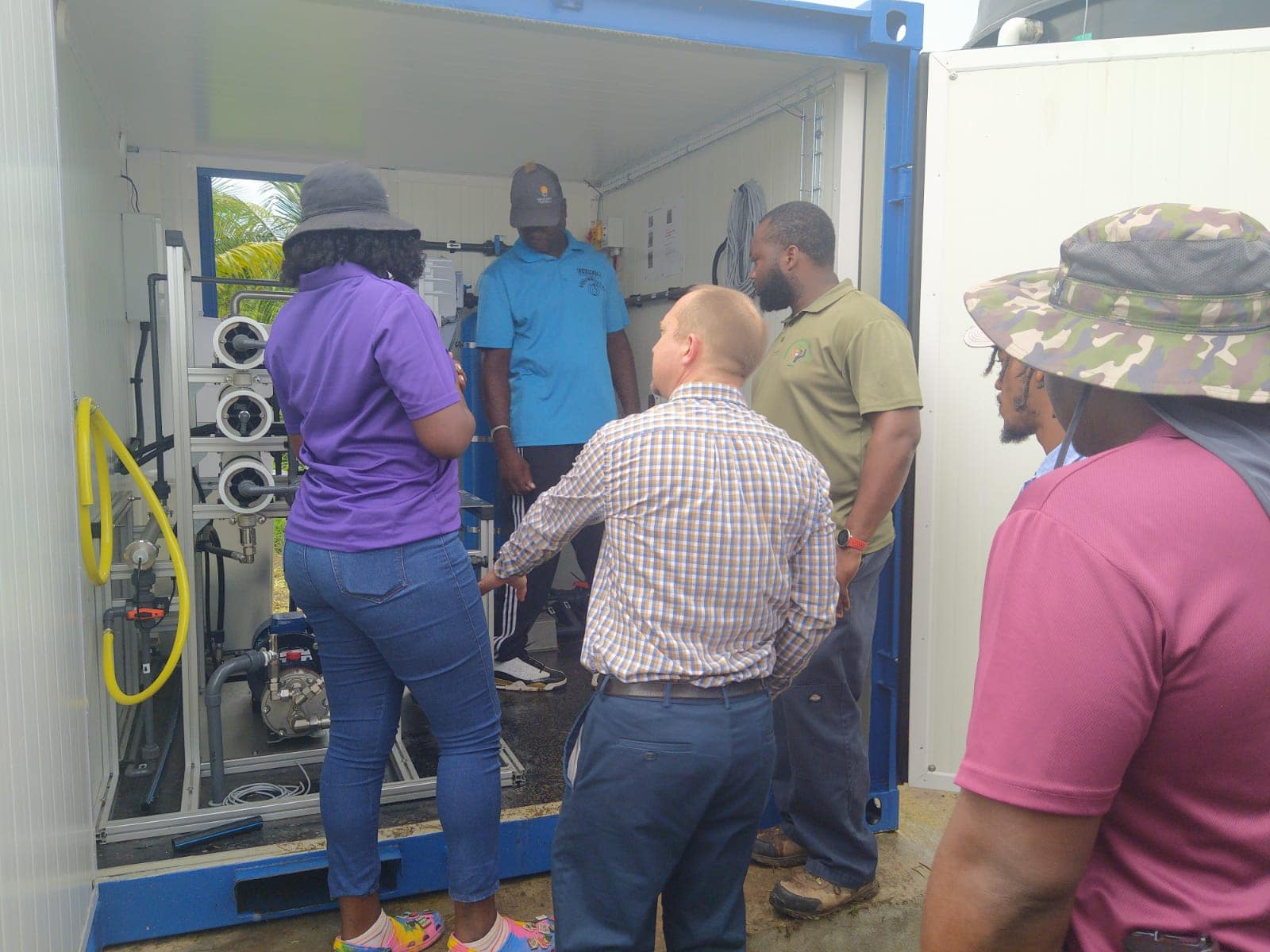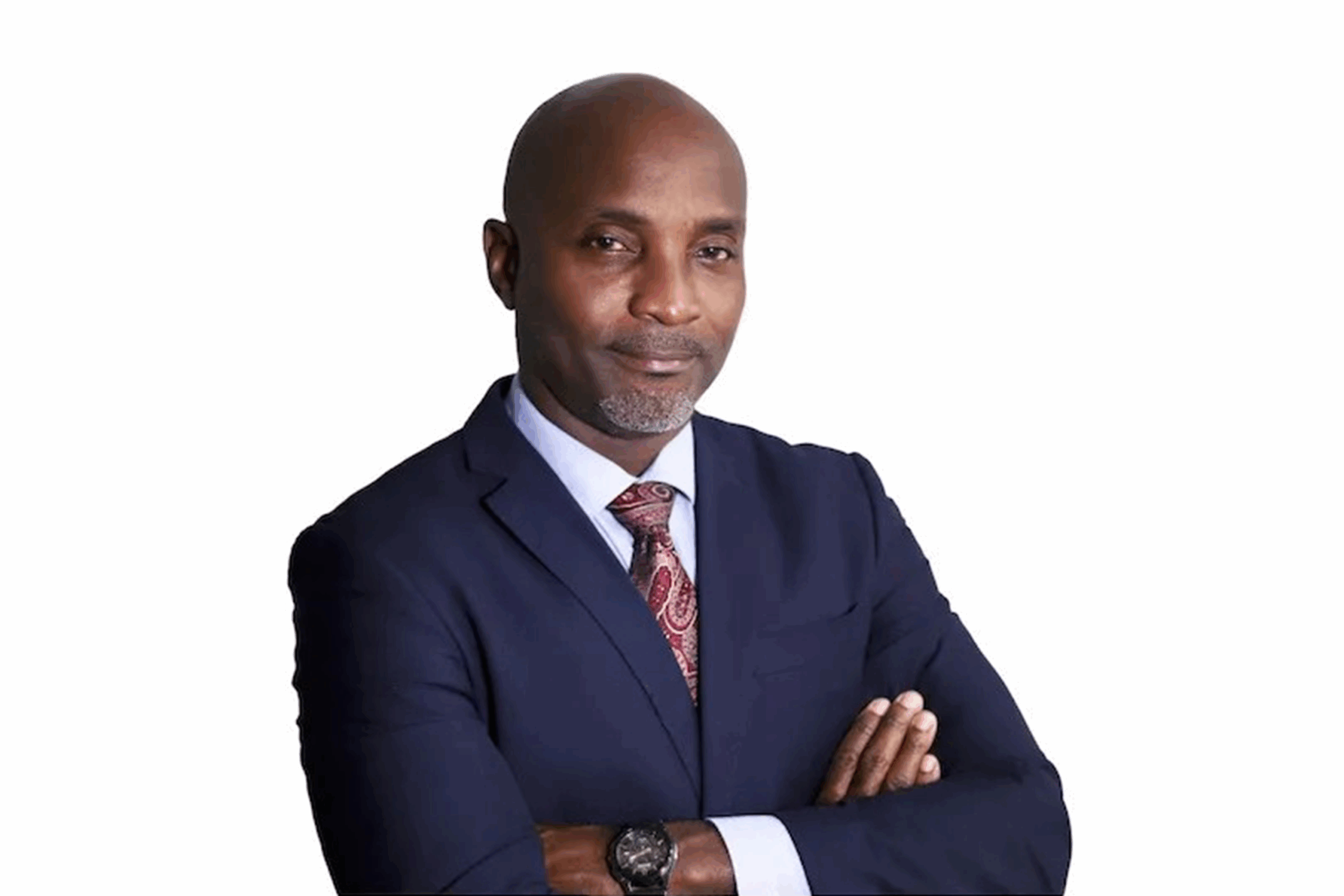In a historic medical breakthrough, a 65-year-old man with amyotrophic lateral sclerosis (ALS) has become the first person to control an iPad using only his thoughts. Mark Jackson, a resident of western Pennsylvania, achieved this milestone through an innovative brain-computer interface (BCI) developed by neurotechnology company Synchron. Diagnosed with ALS in 2021, Jackson has experienced significant physical decline, including the loss of mobility in his arms and weakness in his neck. Traditionally, such paralysis would severely limit independence, but Synchron’s implantable BCI has transformed his life by translating his neural signals into digital actions. This technology allows Jackson to navigate apps, select items, and communicate without relying on physical movement or speech. Since receiving the implant, Jackson has regained aspects of his daily routine, including watching television, listening to audiobooks, browsing social media, and sending text messages to his children—all through thought-driven commands. This achievement marks a significant step forward in the field of neurotechnology, offering hope for improved quality of life for individuals with severe physical disabilities.
分类: technology
-

Social media users report challenges accessing X and other platforms
A significant disruption in internet services has left users worldwide struggling to access popular platforms such as X, Canva, ChatGPT, and several multiplayer games. The outage, traced back to Cloudflare, a leading internet infrastructure company, has raised concerns about the fragility of global digital ecosystems. On Tuesday, Cloudflare acknowledged the issue, stating, ‘Cloudflare is experiencing an internal service degradation. Some services may be intermittently impacted. We are focused on restoring service.’ The company, which provides critical network services to businesses globally, plays a pivotal role in enhancing the security, performance, and reliability of internet properties. The outage has sparked widespread discussions online, with users expressing frustration and disbelief. ‘Your things aren’t broken; Cloudflare is down. This is basically a global internet outage,’ one Reddit user commented. Another questioned, ‘Cloudflare went down today, and half the internet broke, including X. How does one company have that much impact?’ The incident underscores the interconnected nature of modern internet infrastructure and the far-reaching consequences of disruptions in key services.
-

Trinidad and Tobago signs MoU with UAE to accelerate digital future
In a significant move to bolster Trinidad and Tobago’s (TT) digital future, Minister of Public Administration and Artificial Intelligence, Dominic Smith, has inked a Memorandum of Understanding (MoU) with the United Arab Emirates (UAE). The agreement, described as a ‘landmark step,’ was signed in Dubai during a series of negotiations and stakeholder engagements. This follows Prime Minister Kamla Persad-Bissessar’s meeting with UAE’s Deputy Prime Minister and Minister of Foreign Affairs, Sheikh Abdullah bin Zayed Al Nahyan, at the 80th session of the UN General Assembly in New York in September. The MoU establishes a comprehensive framework for collaboration on National Digital Transformation initiatives, leveraging the UAE’s globally acclaimed expertise in digital identity, border management, interoperability, and smart-government systems. The partnership aims to modernize public services, enhance technological infrastructure, and position TT as a leader in digital innovation. Minister Smith emphasized the ministry’s commitment to advancing digital transformation and AI integration, aligning with TT’s Official Policy Framework and the National Digital Transformation Strategy 2025-2028. He highlighted that the initiative would accelerate national digital-transformation projects, foster technical cooperation with UAE government entities, and facilitate knowledge transfer and capacity building. The partnership underscores TT’s ambition to harness the UAE’s leadership in digital governance, cloud infrastructure, and artificial intelligence. Accompanied by the ministry’s Permanent Secretary, Cory Belfon, Smith engaged in bilateral meetings with UAE counterparts and toured key facilities related to digital identity systems and national cloud infrastructure. Smith expressed optimism about the opportunities ahead, stating that the government is energized to advance TT’s national digital roadmap toward a smarter, more connected society. The partnership reinforces TT’s three-pillar Digital Transformation Agenda: citizen services, smart government, and future nation, paving the way for a more efficient, inclusive, and technology-driven nation.
-

Ramnarine condemns deepfake videos
Former Trinidad and Tobago Energy Minister Kevin Ramnarine has publicly denounced the creation and dissemination of three digitally manipulated videos featuring his image and voice. These videos, which promote a fraudulent ‘government investment platform,’ were reportedly generated using advanced deepfake AI technology. Ramnarine disclosed the issue in a statement on November 11, revealing that he had also encountered a doctored newspaper article falsely using his name and likeness to endorse the platform.
Ramnarine has taken decisive action by filing formal reports with the Police Service and Facebook. He has also issued multiple disclaimers on his Facebook and LinkedIn accounts to alert the public. In some instances, Facebook has removed the manipulated videos. The videos in question were created by altering footage from three public events where Ramnarine spoke: in May 2019, July 2020, and March 2025. The latter two events were campaign meetings for the United National Congress (UNC).
The former minister urged the public to report any sightings of these videos on social media. He emphasized that this is not an isolated incident, as other senior government officials and private sector leaders have also fallen victim to similar deepfake manipulations. Ramnarine described this as a ‘unfortunate abuse of technology’ and called for the development of a robust policy and legislative framework to address such issues.
The fraudulent videos and articles, which falsely attribute authorship to Newsday reporters, have been posted on a counterfeit version of the Newsday website. The videos also feature members of other media houses, further complicating the situation. Newsday has reported the matter to the police, underscoring the growing threat of deepfake technology in spreading misinformation and fraud.
-

Amazon founder Bezos returns to CEO role with AI startup
Jeff Bezos, the founder of Amazon, is stepping back into an operational leadership role for the first time in four years, spearheading a new artificial intelligence (AI) initiative named Project Prometheus. The venture, which has secured $6.2 billion in funding, aims to revolutionize engineering and manufacturing sectors such as computers, aerospace, and automobiles through advanced AI applications.
-

Big step towards more efficient justice system
The Jamaican judiciary is poised for a significant leap forward with the introduction of the Integrated Electronic Case Management System (IECMS), a digital platform designed to streamline court processes and enhance accessibility. Chief Justice Bryan Sykes, speaking at the contract signing ceremony at the Ministry of Justice and Constitutional Affairs in St Andrew, emphasized the transformative potential of the IECMS for both court users and law enforcement agencies, particularly the Jamaica Constabulary Force (JCF).
The IECMS will enable police officers to upload and submit case files electronically, eliminating the need for time-consuming travel to court stations. This innovation is expected to free up valuable resources, reduce operational costs, and improve productivity within the JCF. Justice Sykes highlighted the system’s ability to address long-standing inefficiencies, such as the transportation of remand prisoners across vast distances, which currently requires significant manpower and financial expenditure.
Beyond law enforcement, the IECMS promises to benefit the Department of Correctional Services by facilitating remote court appearances for detainees, thereby minimizing security risks and logistical challenges. The system also aims to enhance access to justice for underserved populations, including persons with disabilities, by allowing them to interact with the courts from the comfort of their homes.
Minister of Justice and Constitutional Affairs Delroy Chuck lauded the initiative, describing the IECMS as a ‘single seamless digital platform’ that will connect every stage of the justice chain, from investigation to correctional management. The system is expected to reduce case delays, improve transparency, and generate substantial cost savings for the public sector.
Patricie Uwase, CEO of Rwanda Corporation, commended Jamaica for adopting the IECMS, a system that has proven successful in Rwanda. She emphasized that the project is not merely about technological advancement but also about visionary leadership and a collective commitment to strengthening justice and governance through digital transformation.
-

Een tijdloos Tibet: het verhaal van het Potala Palace
In a groundbreaking fusion of technology and culture, participants of the China International Press Communication Center 2025 Program were transported to the iconic Potala Palace in Tibet—without leaving Beijing. Through the immersive power of virtual reality (VR), they embarked on a journey that transcended time and space, offering a vivid glimpse into the rich heritage of Tibetan Buddhism. The experience, facilitated by VR headsets, allowed participants to explore the palace’s intricate architecture, stunning murals, and serene landscapes, all while standing in a 15-by-5-meter room in the heart of Beijing. The virtual tour began with a breathtaking view of snow-capped mountains, leading to the discovery of the palace perched high above the Lhasa Valley. Guided by a priestess in a vibrant red robe, participants navigated through the White and Red Palaces, marveled at ancient murals, and even floated above a desert landscape. The experience culminated in a spiritual moment, where participants held glowing orbs symbolizing their wishes and prayers. This innovative use of VR not only preserves cultural heritage but also transforms it into an engaging, interactive experience, far removed from traditional history lessons. The Potala Palace, a UNESCO World Heritage Site since 1994, remains a testament to Tibetan, Chinese, and Indian architectural brilliance. This virtual journey highlights the potential of technology to make history accessible and captivating for future generations.
-

Samsung plans US$310 billion investment to power AI expansion
In a groundbreaking move, South Korean conglomerate Samsung has revealed an ambitious $310 billion investment plan over the next five years, primarily targeting advancements in artificial intelligence (AI) and semiconductor technologies. The announcement, made on Sunday, underscores Samsung’s commitment to meeting the surging global demand for AI-driven solutions and infrastructure.


